What is the Best Thickness for Engineered Hardwood Flooring?Choosing the right flooring for your home is a significant decision. It affects not only the aesthetics of your space but also its functionality and comfort. Among the myriad of flooring options available, engineered hardwood stands out for its blend of beauty, durability, and versatility. But with choices come questions: How thick should your engineered hardwood be? Does thickness impact the floor's performance? This article delves into the world of engineered hardwood flooring, answering these questions and more, ensuring you make an informed decision for your Toronto home. Understanding Engineered Hardwood Flooring: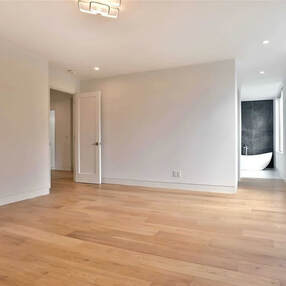 Engineered wood flooring toronto Engineered wood flooring toronto At its core, engineered hardwood flooring is a marvel of construction and design. Unlike solid hardwood, which is milled from a single piece of timber, engineered hardwood is composed of multiple layers. The top layer, known as the veneer, is a thin slice of real hardwood. This is what gives the flooring its natural and elegant appearance. Beneath this veneer are several layers of high-density fiberboard or plywood, providing stability and resistance to moisture. What sets engineered hardwood apart is its adaptability. It can be installed in areas where solid hardwood might not be suitable, such as basements or over radiant heating systems. The multi-layered construction offers resistance to changes in temperature and humidity, reducing the risk of warping or buckling. But not all engineered hardwood is created equal. The thickness of the veneer and the overall plank can vary, influencing the floor's durability and lifespan. To truly appreciate the importance of thickness in engineered hardwood, one must delve deeper into its implications for performance and longevity. For a more comprehensive understanding of engineered hardwood and its varieties, explore our detailed guide on Engineered Hardwood Flooring. The Significance of Thickness in Engineered HardwoodWhen it comes to engineered hardwood, thickness plays a pivotal role in determining the floor's durability and resilience. A thicker veneer layer allows for more frequent refinishing, extending the life of the floor. On the other hand, a thinner veneer might not support refinishing, making it essential to protect the floor from scratches and dents.
Benefits of Opting for a Thicker Engineered HardwoodChoosing a thicker engineered hardwood floor comes with a slew of advantages:
The Core of Engineered Hardwood: What Makes It SpecialThe core of engineered hardwood is what sets it apart from its solid counterpart. Comprising multiple layers of wood or plywood, this core imparts stability and resistance to the flooring. The quality of these layers plays a crucial role in determining the floor's overall performance.
Addressing Common QueriesLet's tackle some of the frequently asked questions about engineered hardwood thickness:
Disadvantages of Engineered Wood Flooring: A Balanced ViewWhile engineered hardwood offers numerous benefits, it's essential to consider its potential drawbacks:
Making the Right Choice: Factors to ConsiderChoosing the perfect engineered hardwood flooring involves considering several factors:
The Verdict: Is Thicker Always Better?When it comes to engineered hardwood flooring, thickness does play a pivotal role, but it's not the only factor to consider. A thicker veneer offers more refinishing opportunities, which can be a boon for homeowners looking for longevity. However, the core's quality, the type of adhesive used, and the installation method are equally, if not more, crucial. For instance, a thicker floor with a subpar core might not perform as well as a thinner floor with a high-quality core. Similarly, a well-installed thinner floor can outlast a poorly installed thicker one. It's all about striking the right balance and understanding the specific needs of your space. Engineered hardwood flooring offers a blend of beauty, durability, and versatility. While its thickness is an essential factor, it's just one piece of the puzzle. Toronto homeowners should consider all aspects, from core quality to installation methods, to make an informed decision. At Parqueteam hardwood Flooring, we pride ourselves on guiding our clients through every step, ensuring they choose the perfect flooring solution tailored to their needs. Whether you're leaning towards a solid hardwood floor or exploring laminate options, our team is here to help you navigate the world of flooring with confidence. FAQ1. What is engineered hardwood flooring? Engineered hardwood flooring consists of a real wood veneer on top and multiple layers of plywood or high-density fiberboard beneath. This structure provides added durability and stability compared to solid wood.
2. How does thickness affect the durability of engineered hardwood? Thicker floors generally offer better durability. They can withstand wear and tear more effectively and are less prone to denting from heavy furniture. 3. How important is the veneer thickness in engineered hardwood? The veneer's thickness is crucial for the floor's longevity. A thicker veneer allows the floor to be sanded and refinished multiple times, extending its life. 4. What is a good veneer thickness for engineered hardwood? A veneer that's at least 2mm thick is considered ideal for most residential settings, allowing for potential sanding and refinishing. 5. How does the core quality impact the floor's performance? A high-quality core, like plywood, ensures the floor remains stable over time, reducing the chances of warping or bowing. 6. Is a 3/8 inch engineered wood flooring recommended? 3/8 inch thickness engineered hardwood floor is a decent floor to have, and also can be cheaper option if budget is tight, but keep in mind the limitations of this thickness and long term durability of it, as most likely you won't be able to refinish this floor in the future due to it being very thin. 7. Does thickness play a role in sound insulation, especially in condos? Yes, thicker engineered hardwood floors can offer better sound insulation, making them a preferred choice in multi-story buildings or condos. 8. How can I determine the quality of engineered hardwood? Look for factors like a thicker veneer, a high-quality core material, and reviews or recommendations from a reputable manufacturer. 9. Is thicker engineered hardwood always the better choice? While thickness is essential, other factors like core quality, adhesive type, and installation method also play crucial roles in the floor's overall performance. 10. Where can I get expert advice on choosing the right engineered hardwood for my home in Toronto? Parqueteam Hardwood Flooring offers comprehensive guidance to Toronto homeowners, ensuring they select the best flooring solution for their specific needs.
1 Comment
|
Parqueteam Hardwood FlooringHardwood Flooring Toronto and The Greater Toronto Area. Archives
December 2023
Categories
All
|
Areas We Produly Serving... |
|




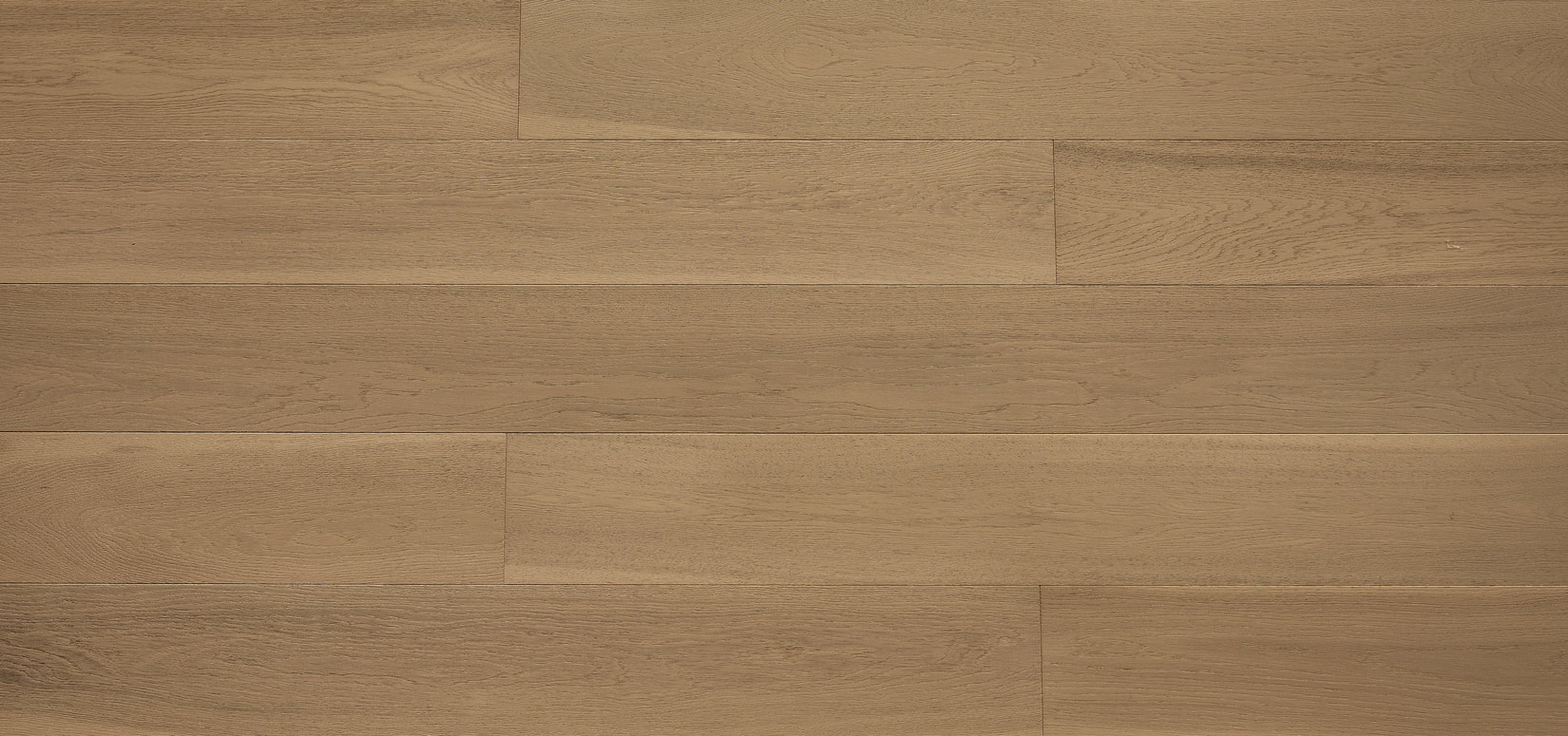
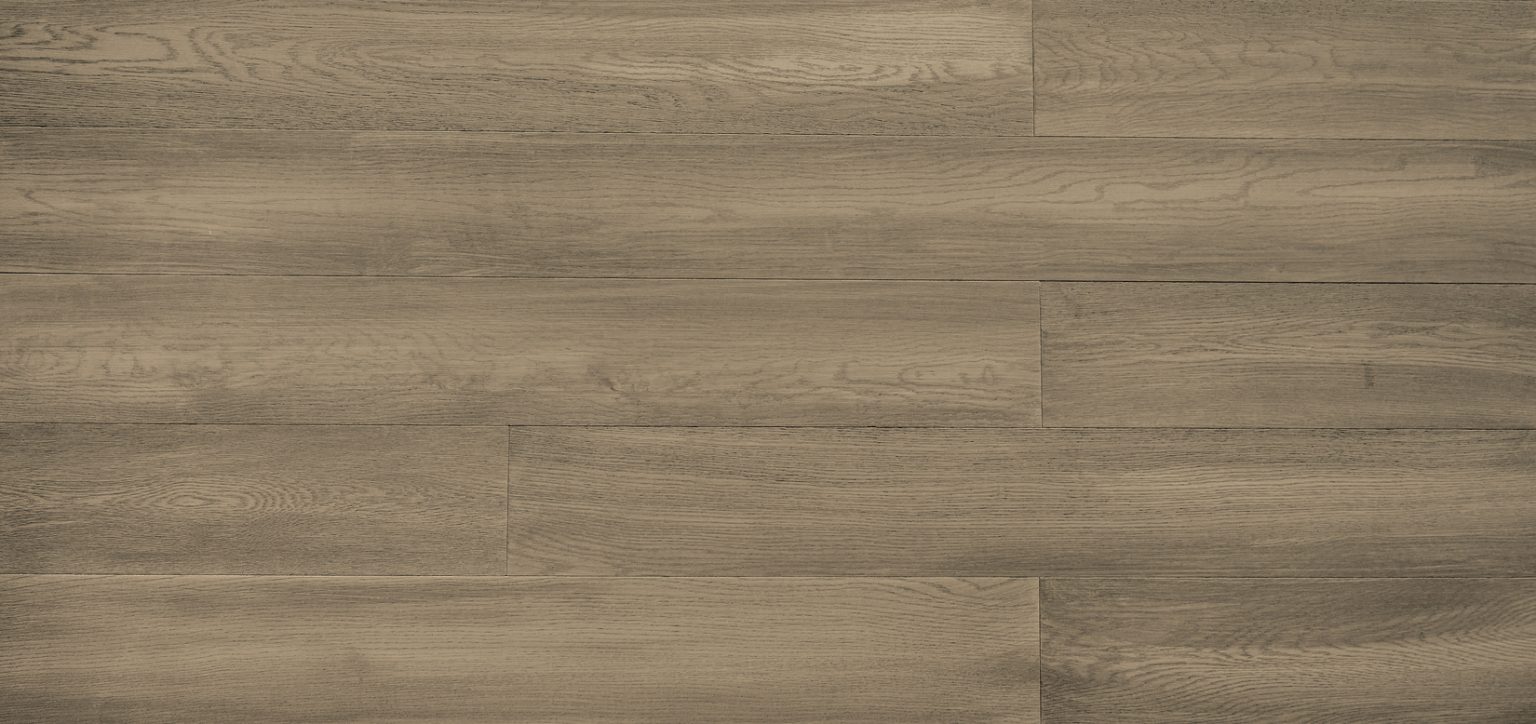
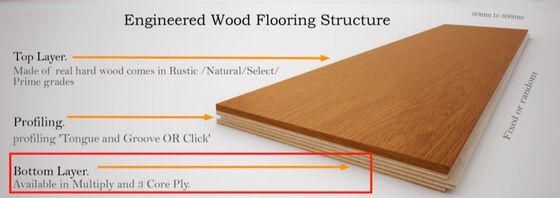
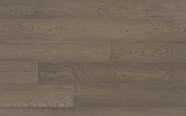
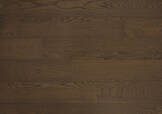
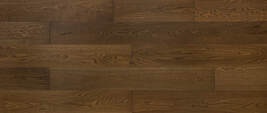
 RSS Feed
RSS Feed

